Eleutheria
By Allegra Hyde (Knopf Doubleday Publishing Group, 2022)
Allegra Hyde’s debut novel, Eleutheria, grapples with big questions about human hope and agency in a world of climate dystopia. The story has been lauded for the author’s willingness to address important political issues, for centering queer romance, and for the crisp yet lyrical style.
A Catholic reader seeking a story about our moral responsibility to the planet might be drawn to Eleutheria because of its ecological themes. However, I found myself fascinated more by the novel’s depiction of faith. Eleutheria is not about religious faith, but it is about our faith in the heroes who inspire us, the institutions that promise salvation, and the people we love. And it is about the different ways that faith can betray us.
The young protagonist, Willa Marks, maintains an almost superhuman optimism even after a series of catastrophes upend her life. By the time she arrives at the utopian commune of Eleutheria, run by an elusive and charismatic leader and inhabited by the privileged children of the elite, she has already experienced traumatizing loss and bitter heartbreak. One would expect her to have gained a little cynicism along the way, but her idealism remains unquenched. Despite red flags everywhere, Willa continues to believe in the ideals of the community and its founder, long after the reader has guessed that a lot is rotten in the state of Eleutheria. The plot twist at the end, though somewhat contrived, invites readers to ponder their own complicity in the very systems that have harmed them. But even after the twist, Willa goes on believing.
Much of what the story shows us about idealistic communes is predictable, but its depiction of humanity’s hope and faith, even when irrational, might resonate with many Catholics in 2022 who are trying to balance their trust in a loving God against the many treacheries of persons and institutions.
—Rebecca Bratten Weiss
Man Enough: Undefining My Masculinity
By Justin Baldoni (HarperCollins, 2021)
Masculinity has many connotations, including images such as the breadwinner and the Marlboro Man. But some iterations of these images can promote a disposition among men, even certain Catholic influencers, to denigrate people as “effeminate” and “gay.” Actor and producer Justin Baldoni offers an antidote to this harmful image of masculinity. In Man Enough: Undefining My Masculinity, Baldoni shares stories from his life to aid in recovering from indoctrinated masculinity. This recovery cannot be fulfilled without vulnerability.
Baldoni recounts his socialization into a false sense of masculinity beginning in childhood: Men are tough and athletic, the weak ought to be taunted, and weakness cannot be shown. The author reveals the shame he held on to in his development, believing he was not enough because he wasn’t the aggressive, sexual alpha that he was duped into believing is the ideal. However, as Baldoni reflects, following this false path of masculinity leads to loneliness and depression. And this path is cyclical since males are socialized to not express their feelings, which exacerbates the shame they hold on to.
Baldoni shares that vulnerability and intimacy are the way out of this toxic societal trap. To build this, he meets with a group of men that he trusts and can be fully himself with to share whatever is on his heart and receive support. This allows him to grow in knowing that he is loved as he is, which helps him to accept others as they are. Having this group helps Baldoni embrace his true self, which requires the bravery to express need and accept love.
For those who desire to unmask the negative stereotypes of what it means to be a man, I recommend reading Man Enough to discover a masculinity that rests on the idea that one is enough and emphasizes being fully human—encompassing sensitivity, empathy, creativity, and vulnerability.
—Matt Kappadakunnel
Briefly noted:
A Just Mission: Laying Down Power and Embracing Mutuality
By Mekdes Haddis (InterVarsity Press, 2022)
Haddis questions the sender-centered narratives of Western missionary practices and offers practices to center the “receivers” by promoting grassroots missions and local leadership.
Begin With a Question
By Marjorie Maddox (Paraclete Press, 2022)
Maddox’s award-winning poetry collection explores the journey of a relationship with the divine and invites readers to bring their questions with them when it comes to matters of faith.
More of You: The Fat Girl’s Field Guide to the Modern World
By Amanda Martinez Beck (Broadleaf Books, 2022)
Martinez Beck explores the spiritual implications of fatphobia in our society, encourages women to take up space, and demonstrates how true body acceptance is possible.
This article also appears in the September 2022 issue of U.S. Catholic (Vol. 87, No. 9, pages 39). Click here to subscribe to the magazine.






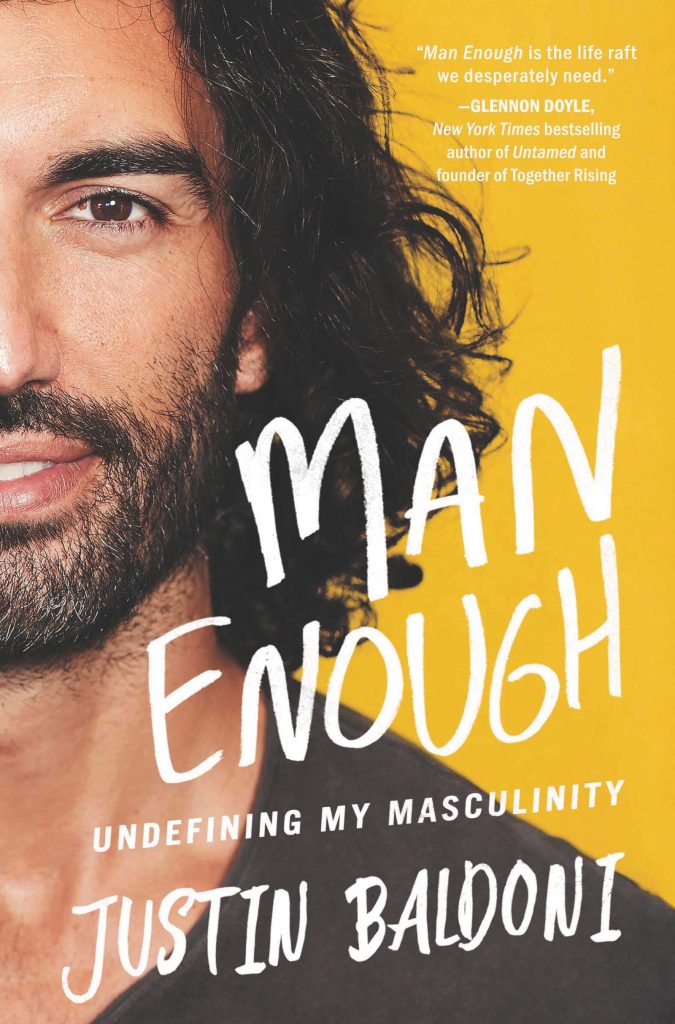

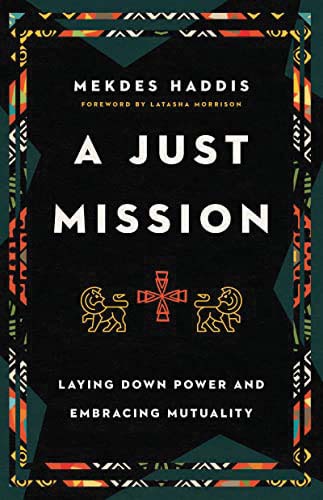
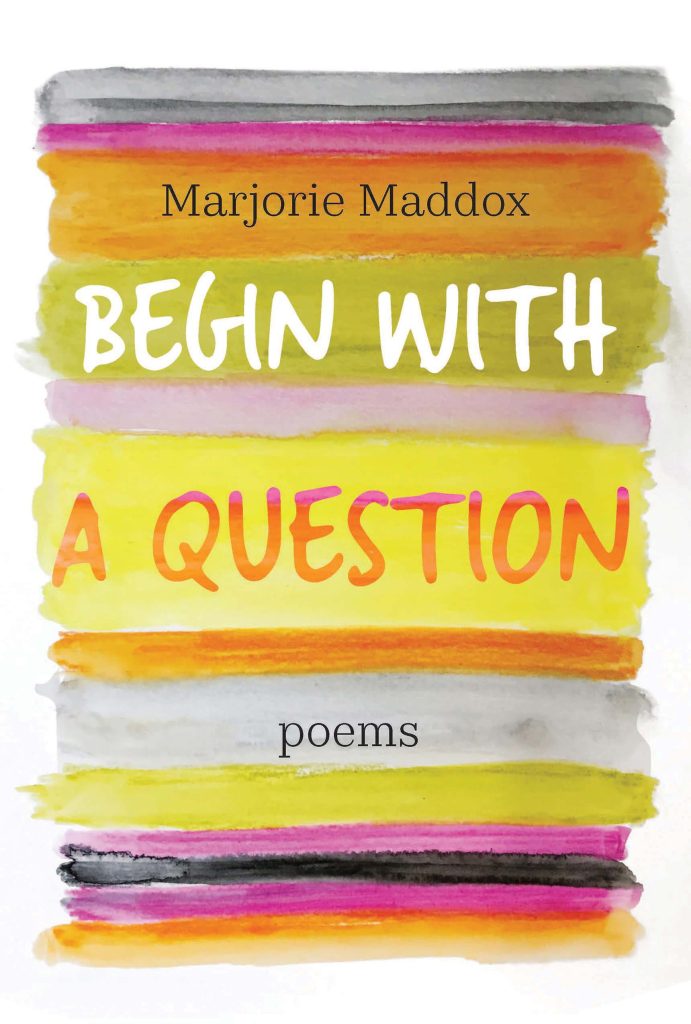
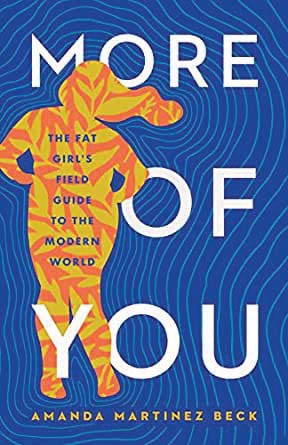


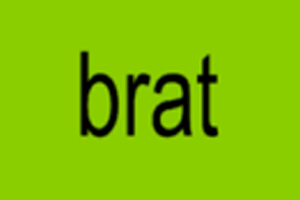

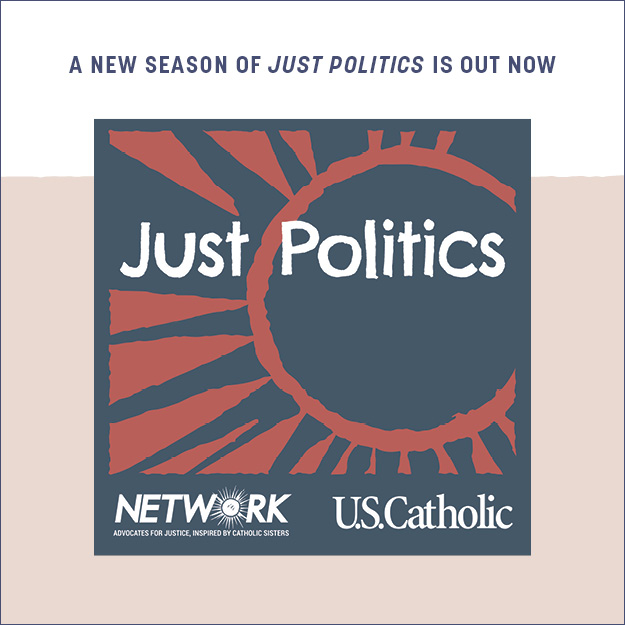





Add comment